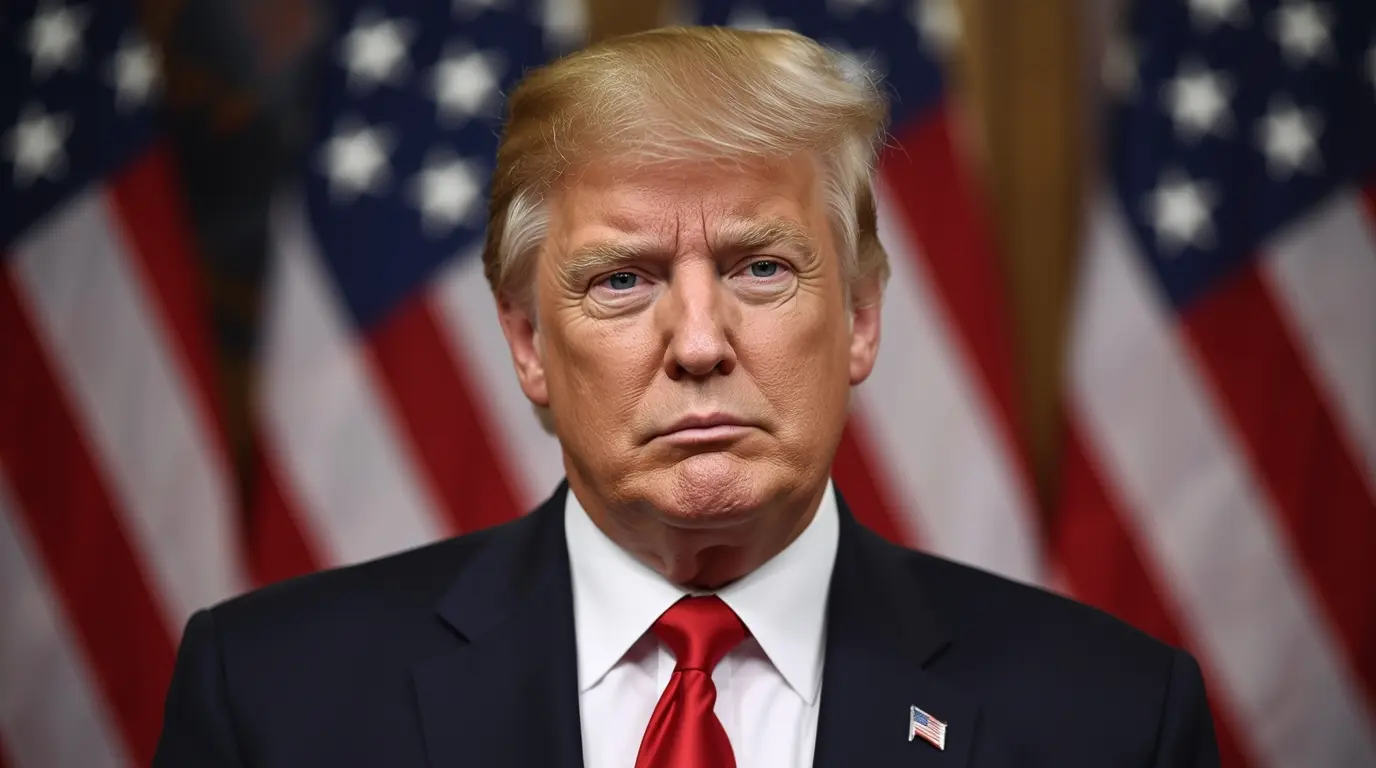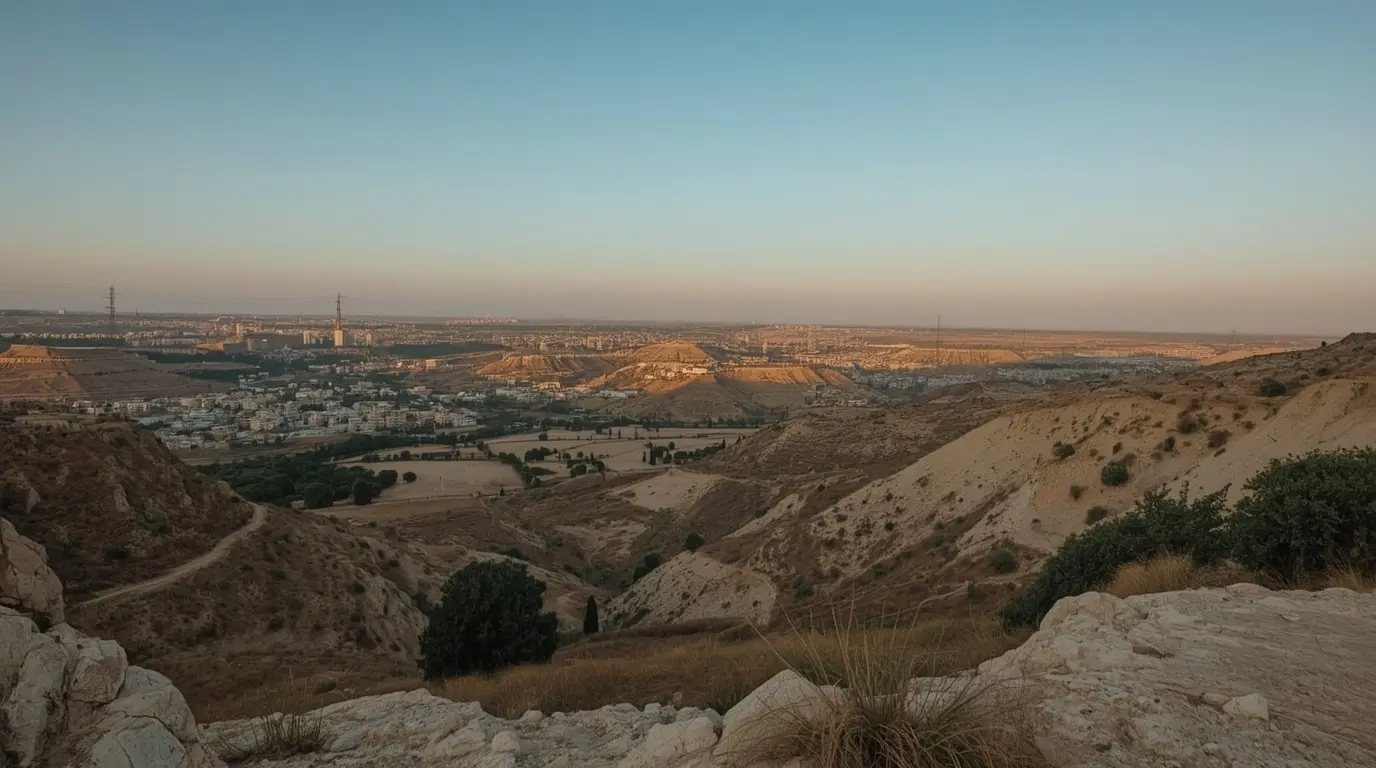The Trump’s National Guard proposal has enraged people across the country, both as a result of it being a radical proposal stemming from a policy speech by current presidential candidate Donald Trump, and the fact it is solely dedicated to the urban centers of crime. Identifying Washington D.C., Chicago, and Baltimore as the epicenters of crime has led to a further extension of the already existing federal intervention as it requires more federal resources to local law enforcement. This purely politically driven and one-dimensional proposal has been and will continue to be condemned for being authoritarian by a significant group of people.
The reasoning behind this proposal, as stated in the same speech and Trump’s social media, is to deploy the guards to restore order to the urban areas. His claim is that the areas mentioned above, which he has always associated with some sort of democratic intervention, have dismally failed under the Democratic leadership. This claim has not been backed up with numbers nor has he attempted to provide evidence of the same. Every lawmaker has their own style and ideas to deal with the issues of the nation. Some of Trump’s ideas during the previous campaign and his term in office deal with the idea of Trump’s National Guard initiative.
The Legal Battlefield: The Insurrection Act vs. Local Autonomy
The Insurrection Act of 1807 offers legal support for deployment by the president of the United States. The Act of 1807 allows the president to deploy military assets, including the Trump’s National Guard, to put down civil disorder, insurrection, or violent rebellion. Advocates for the initiative envision a Trump’s National Guard force cooperating with or completely replacing local police to authorize sweeping detentions, set up checkpoints, and perform patrols.
The alarm is being sounded off by legal scholars and civil liberty organizations. Claiming the Insurrection Act for general crime-fighting purposes is quite contentious and probably stretches its boundaries. It would be a stark undermining of local governance and would provoke immediate legal contestation to deploy a federal military force against the will of state governors and mayors. The American Civil Liberties Union (ACLU) has already voiced that such action would “profoundly violate constitutional rights and be a dangerous shift towards militarizing our streets.”
A genuine policy or a political tactic?
In addition to legal dilemmas, the proposal is being viewed largely as a robust political tactic. It is tailored towards cities suffering from a high crime rate headed by Democratic city officials. It resonates directly with Trump’s base by heightening the “law and order” narrative and presents him as the sole candidate prepared to take extreme, decisive action.
The mayors from the cities listed have responded with outrage. They blame Trump for turning their municipalities into political theater and worry that the envisioned Trump’s National Guard would make fully inflaming tensions instead of calming them. They argue that sustainable public safety comes from investment in community program such as policing reform and economic opportunities, not from a military occupation. To many, the very suggestion of a Trump’s National Guard patrolling the streets is a primal fear used for a ruthless campaign and divisive for the country.
The Precedent and The Peril
The history of the U.S. domestic military deployment is troublesome. Though the National Guard is often called upon by governors for storm relief, their utilization during civil unrest is not as common and often more complicated. The thought of a Trump’s National Guard unit policing US civilians is deeply disconcerting, and reminiscent of the civil rights nightmare years where federal soldiers were at times used to enforce desegregation or quell unrest.
The core danger identified by analysts is the slippery slope. If a president is able to unilaterally send the military into a city over the objections of its elected leaders by categorizing the situation as an “insurrection,” what other precedents does that set for the future? What is there to stop a later president from framing some other “crisis”—such as a protest, work stoppage, or a surge of immigrants—as justification for the same type of response? For advocates of democratic principles, the potential for the so-called Trump’s National Guard to become a reality is alarming, as it could fundamentally shift the approach taken to solve intricate societal issues by framing them as military challenges.
Conclusion: A Nation On Edge
The argument surrounding the potential Trump’s National Guard mobilization goes deeper than just crime control strategies. It touches on the very essence of how America is governed, the scope of presidential authority, as well as the perennial conflict of safety vs. freedom. With the clock ticking towards the 2024 election, this suggestion guarantees that the Military-Civilian Relations, public safety, federal overreach, and the role of the armed forces in societies life will remain hot topics. Regardless of whether this Trump’s National Guard proposal materializes or is discarded as political rhetoric, it has resolved in sharply defining the clash of politics for the coming 12 months.
For more incredible stories of everyday news, return to our homepage.





